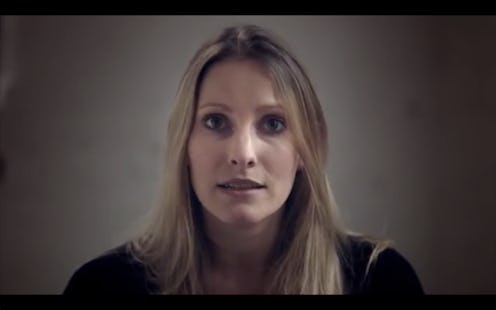Life
Sexism: the Revolution Will Be Tweeted

In a patriarchal society that one-sidedly preaches “Don’t get raped” and snidely jokes about sending women to the kitchen, sexism abounds. It’s so prolific in our culture that we have come to accept it as the norm. As a society, we have engineered excuses for it. Ass-grabbing is just “boys being boys”. Cat-calling is what you get for daring to show anything above the ankle. And sexual assault is (probably) “asked for”.
As a young woman living in a metropolitan area, I can’t tell you how dehumanizing it is to walk downtown for even a few minutes. The summertime high-low dresses and tulip skirts that I so adore make me highly visible to the beady-eyed wolves that prowl the streets. And I can’t help but feel like I’m on exhibition as I round the corner and am confronted with a barrage of sexually charged remarks to the effect of You better watch it and I’d tear that up. Sometimes, one man is bold enough to follow me. Contrary to popular masculine belief, this sort of comport is hardly flattering—it sparks anxiety and sets off alarm signals in our heads. Dormant lessons from our youth suddenly catapult to the forefront of our minds: Be careful. Don’t get raped. I quicken my pace in heed and retreat to the safety of crowds.
It’s disenfranchising to feel like you cannot respond to such blatant ignorance and harassment. But as women, we are taught that it’s better to be quiet and avoid the worst than speak up and risk the worst. It’s this sort of thinking that reinforces rape culture and leaves victims of sexual harassment and assault with only tatters of their dignity.
But, if we as women take solace in anything, it’s that we are not alone in our battle against sexism. The Everyday Sexism Project made a film, #SHOUTINGBACK, to raise awareness of the seriousness of sexism and provide a safe space for women’s stories to be heard. In the film, narrator Laura Bates discusses her reasons for embarking on the project as well as the challenges and rewards of her work. Other women’s stories are also approached gravely, including one particularly disturbing one wherein a woman tweeted, “Age 15. Had a 30-year-old coworker and pick me up and throw me on top of a pallet because I was too pretty to keep my cherry”.
Sobering. This film highlights just how rampant sexism is within our culture and how women are dismissed or shamed for speaking out against it. But, as the film also intimates, the days of us remaining mute are coming to an end. With the rise of social media, projects like Everyday Sexism have a platform that can reach wide audiences quickly and easily. Women can connect with other women with the same painful experiences. We can vent. And, hopefully, these exchanges can fuel the tide to get us equal respect.